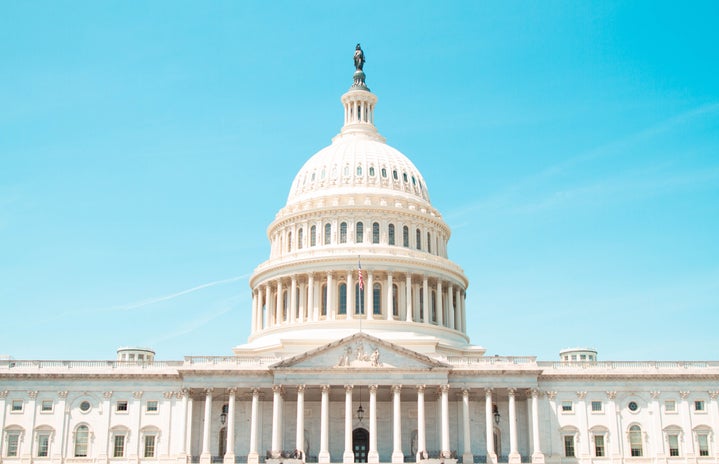What Does it Entail Being a Congressional Intern?
It should be highlighted that every single congressional office is different. While some offices may have offer continuous work projects, other offices require interns to take the initiative to ask for work. Either way, it is good to make it known to your intern coordinators what topics and type of projects it is that you’re interested in, whether it’s policy-driven or communications-based. Some intern tasks include attending briefings and press conferences, running errands throughout the Capitol, working on legislative and communications projects, answering phone calls, and occasionally grabbing lunch for the Member. When working in Congress no job is too big or too small. Every person in an office has had to do the same task at some point in their journey, and a bad attitude could lead to more busywork than substantive projects.
Phone Calls
An intern will quickly understand how vital their role in an office is when answering constituent phone calls and logging in their opinions. These phone calls consist of casework which is redirected to the district office, complaints or praise from constituents, rants from callers who want to be heard, and unfortunately, death threats or abusive calls. In a recent survey it was reported that following the January 6th attack, the Capitol Police reviewed “9,600 disconcerting messages and direct threats against members in 2021, an increase from 3,939 in 2017”. Make sure to follow your office’s protocol for these calls and to take a break after receiving one of these calls. These calls can be emotionally exhausting so it is important to make your mental health is a priority.
Pay
When it comes to wages, it is important to know that the Committee on House Administration approved a $25,000 annual allowance to pay DC and district office interns for every House of Representative’s office. When applying to some offices, they may mention some variation of the phrase “although all internships in all offices are unpaid, students gain invaluable work experience.” This is the truth, Washington runs on interns and a single person’s monthly estimated cost of living—without including rent—is approximately $1,148 in D.C. It is common knowledge that many staffers and interns in D.C. take out a second job such as bartending, tutoring, or retail work. No intern should be unpaid, especially for the amount of work they put in. Pay Our Interns is a great organization that explores this topic and the fellowships listed below can offer some financial assistance.
Tips for Interns
For some relief from the hectic life that is being an intern on the hill, it is recommended to follow hill meme pages for comedic relief. Some of them even provide insight on what it is to work in certain offices. Another tip to offer is to make an excel sheet where you input every person you have networked with. Make sure to include their name, where you met them, and a fun fact that will jog your memory when you inevitably forget who they are. When working in the office, don’t be afraid to ask questions and for timelines.
Staff Associations
Congressional Staff Organizations are typically non-partisan organizations recognized by the Committee on House Administration that is focused on recruiting, retaining, and advancing staffers and interns belonging to certain interests. This includes hosting happy hours and socials for members to mingle as well as sharing job and free food opportunities. Some organizations include the Congressional Hispanic Staff Association (CHSA) which creates a community for Hispanics and the Congressional Progressive Staff Association which connects like-minded progressive Hill staffers. There is a CSO for everyone.
Internship And Fellowship Opportunities
The Congressional Hispanic Caucus Institute is a non-profit, nonpartisan leadership institute to ensure a diverse and inclusive workforce that included talented Latino Americans. Learn more at chci.org.
Running Start is a nonpartisan organization empowering young women to get involved in politics and transform our world, one elected female leader at a time. Learn more at runningstart.org.
The Congressional Hispanic Leadership Institute offers a semester-long internship program featuring placement in Congressional and corporate legislative affairs offices. Learn more at chli.org.
The Washington Center provides immersive internships and academic seminars to students from hundreds of colleges and universities and young professionals from across the U.S. and more than twenty-five countries. Learn more at twc.edu.
The Congressional Black Caucus Foundation internship programs prepare college students and young professionals to become principled leaders, skilled policy analysts, and informed advocates from Capitol Hill to federal field offices. Learn more at cbcfinc.org.
The Asian Pacific American Institute for Congressional Studies is designed for AANHPI undergraduate-aged students looking to increase their experience in public policy and service in congressional offices. Learn more at apaics.org.


